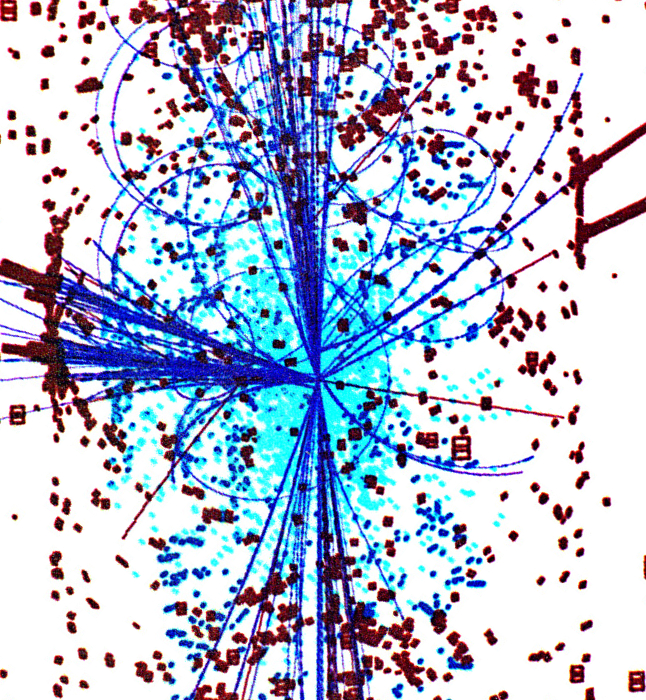Visionary physicist passes
 Nobel Prize-winning physicist Peter Higgs, whose pioneering work led to the discovery of the Higgs boson, has passed away at 94.
Nobel Prize-winning physicist Peter Higgs, whose pioneering work led to the discovery of the Higgs boson, has passed away at 94.
The Higgs boson, referred to as the ‘God particle’, is central to the Standard Model of particle physics, explaining how fundamental particles acquire mass.
In 1964, Higgs predicted the existence of a new subatomic particle, which became known as the Higgs boson.
This prediction was based on his theoretical framework, suggesting that particles acquire mass through interaction with a field, now known as the Higgs field.
This field permeates the universe, and the Higgs boson is a manifestation of this field's quantum fluctuations.
The existence of the Higgs boson was confirmed nearly 50 years later, in 2012, by scientists at CERN's Large Hadron Collider.
This discovery was hailed as one of the most significant achievements in physics, providing critical evidence for the Standard Model and shedding light on the fundamental structure of the universe.
Higgs's groundbreaking work earned him the 2013 Nobel Prize in Physics, alongside François Englert, who independently developed a similar theory.
Their contributions have had a profound impact on the world’s understanding of the universe's fundamental forces and the origins of mass.
Throughout his career, Higgs received numerous accolades, including honorary degrees from over a dozen universities.
In 2013, he was appointed a Companion of Honor by Queen Elizabeth II, recognizing his contributions to science.
Peter Higgs's legacy extends beyond his theoretical contributions; his work has inspired generations of physicists and continues to influence the field of particle physics.
His passing is a significant loss to the scientific community, but his discoveries will continue to shape the understanding of the universe for years to come.








 Print
Print